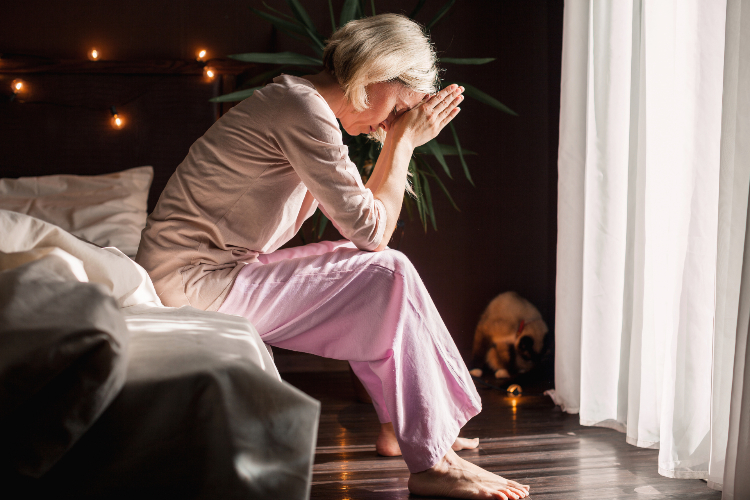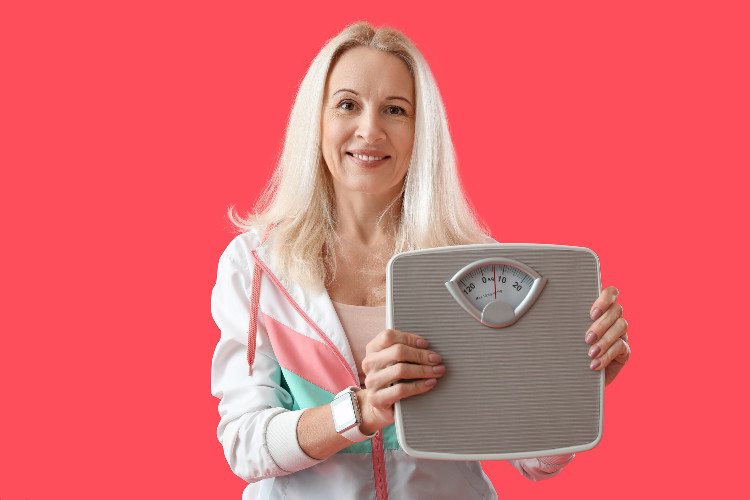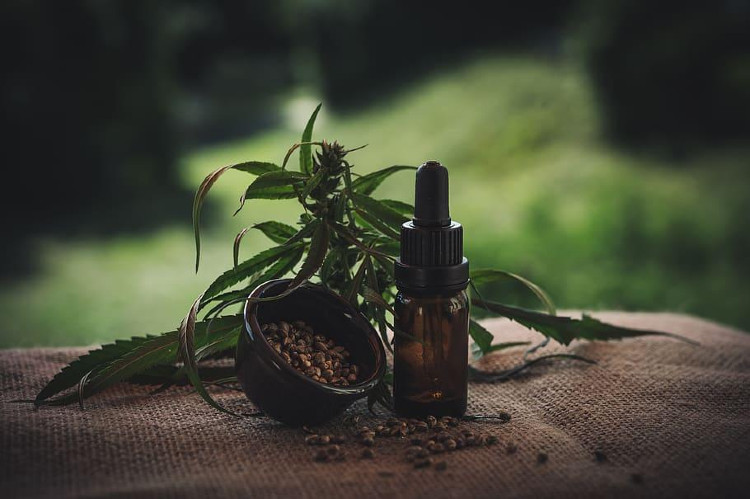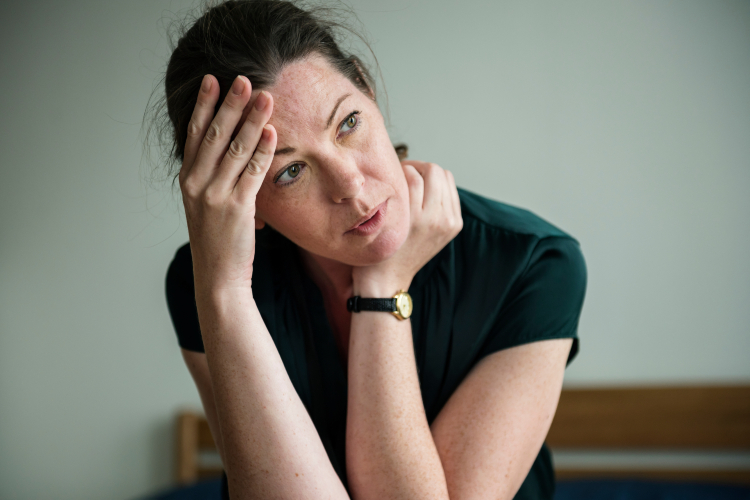
The Dark Side of Sleep Deprivation: Health Effects and How to Conquer It
Do you feel tired all the time? Do you have trouble concentrating during the day? Are you irritable or moody? If so, you may be suffering from sleep deprivation.
Sleep is essential for our physical, mental, and emotional health. It is the time when our bodies repair and restore themselves, and our brains consolidate memories and process emotions. But despite its importance, many people do not get enough sleep.
Why Do We Lack Sleep?
There are many reasons why people do not get enough sleep. Some common factors include:
-
- Work: Many people work long hours, shift work or work late into the night, which can disrupt their sleep schedules.
- Lifestyle: Poor sleep habits, such as staying up late or using electronics in bed, can make it harder to fall asleep.
- Medical conditions: Certain medical conditions, such as sleep apnea, restless leg syndrome, or chronic pain, can make it difficult to get a good night’s sleep.
- Mental health: Anxiety, depression, and other mental health conditions can interfere with sleep.
- Medications: Some medications can interfere with sleep, including antidepressants, steroids, and some medications for high blood pressure.
- Busy minds. Home life, family, children, dinner, finances – the stresses are great and it’s often hard to shut down for the day.
Causes and Symptoms of Sleep Deprivation
Sleep deprivation occurs when a person does not get enough sleep. It can be acute, meaning it occurs for a short period, or chronic, meaning it occurs over a long period.
The symptoms of sleep deprivation can vary depending on the severity of the condition. Some common symptoms include:
-
- Fatigue
- Irritability
- Poor concentration
- Memory problems
- Decreased performance at work or school
- Mood changes
- Increased risk of accidents or injuries
The Health Effects of Sleep Deprivation
Sleep deprivation can have serious health consequences. Some of the physical, cognitive, and emotional effects of sleep deprivation include:
The Physical Effects of Sleep Deprivation
-
- Increased risk of obesity and diabetes
- Weakened immune system
- Increased risk of cardiovascular disease
- Increased risk of accidents or injuries
The Cognitive Effects of Sleep Deprivation
-
- Impaired cognitive function
- Memory problems
- Poor concentration
- Decreased performance at work or school
The Emotional Effects of Sleep Deprivation
-
- Mood changes
- Irritability
- Anxiety
- Depression
How to Conquer Sleep Deprivation
If you are suffering from sleep deprivation, there are things you can do to improve your sleep. Some tips for better sleep include:
-
- Stick to a consistent sleep schedule: Go to bed and wake up at the same time every day, even on weekends.
- Create a relaxing sleep environment: Keep your bedroom cool, quiet, and dark.
- Avoid caffeine and alcohol: Both can interfere with sleep.
- Avoid electronics in bed: The blue light from electronic devices can disrupt your body’s natural sleep cycle. Try reading a book or doing a relaxing activity instead.
- Exercise regularly: Regular exercise can improve sleep quality, but avoid exercising too close to bedtime.
- Practice relaxation techniques: Techniques such as deep breathing, meditation, or yoga can help you relax and fall asleep more easily.
- Establish a bedtime routine: Develop a relaxing bedtime routine to help your body wind down and prepare for sleep.
Tools and Techniques for Better Sleep
In addition to these tips, there are tools and techniques that can help improve your sleep. Some popular options include:
-
- White noise machines: These devices emit a soothing background noise that can help drown out other sounds and help you sleep better.
- Sleep tracking apps: These apps can monitor your sleep patterns and provide insights into your sleep habits.
- Blue light-blocking glasses: Wearing glasses that block blue light can help reduce the impact of electronic devices on your sleep cycle.
- Sleep supplements: Supplements such as adaptogens, melatonin or magnesium can help promote relaxation and improve sleep quality.
When to Seek Professional Help
If you have tried these tips and techniques and are still struggling with sleep deprivation, it may be time to seek professional help. A sleep specialist can help diagnose and treat underlying sleep disorders, such as sleep apnea or insomnia.
In addition, a mental health professional can help address any underlying mental health conditions that may be contributing to your sleep deprivation.
Don’t let sleep deprivation take a toll on your health and well-being. Take steps today to improve your sleep habits and conquer sleep deprivation for good.
References:
-
- National Sleep Foundation. (n.d.). Why Do We Need Sleep? Retrieved from https://www.sleepfoundation.org/articles/why-do-we-need-sleep
- Centers for Disease Control and Prevention. (2020, March 4). Sleep and Sleep Disorders. Retrieved from https://www.cdc.gov/sleep/index.html
- Mayo Clinic. (2021, March 2). Sleep deprivation: A cause of high blood pressure? Retrieved from https://www.mayoclinic.org/diseases-conditions/high-blood-pressure/expert-answers/sleep-deprivation/faq-20057959
- Harvard Health Publishing. (2019, December). Sleep and mental health. Retrieved from https://www.health.harvard.edu/newsletter_article/sleep-and-mental-health
- American Heart Association. (2021, February 5). How Sleep Deprivation Hurts Your Heart. Retrieved from https://www.heart.org/en/news/2021/02/05/how-sleep-deprivation-hurts-your-heart
- National Institute of Neurological Disorders and Stroke. (2021, March 3). Brain Basics: Understanding Sleep. Retrieved from https://www.ninds.nih.gov/Disorders/Patient-Caregiver-Education/Understanding-Sleep
- National Sleep Foundation. (n.d.). Sleep and Mood. Retrieved from https://www.sleepfoundation.org/articles/how-sleep-affects-mood
- National Sleep Foundation. (n.d.). Sleep Hygiene. Retrieved from https://www.sleepfoundation.org/articles/sleep-hygiene










